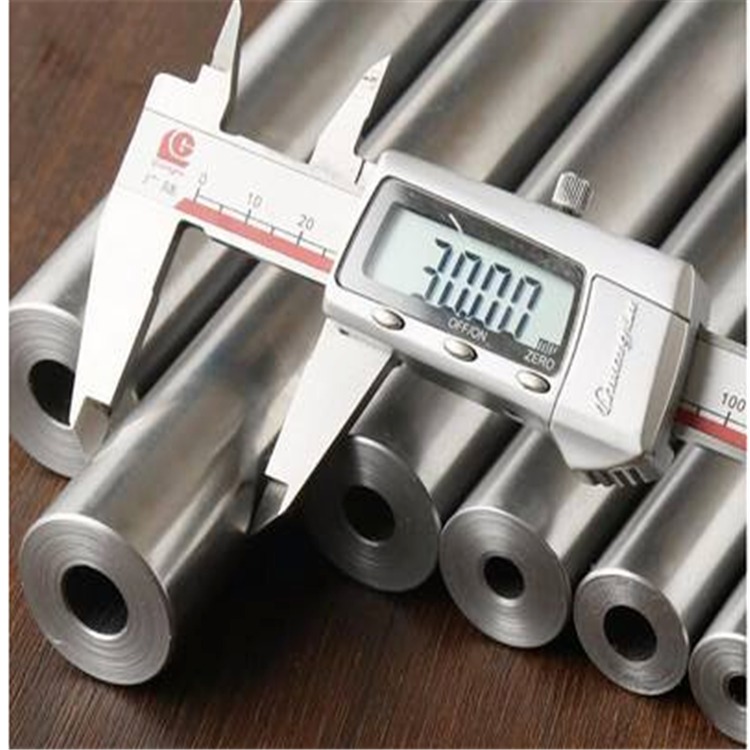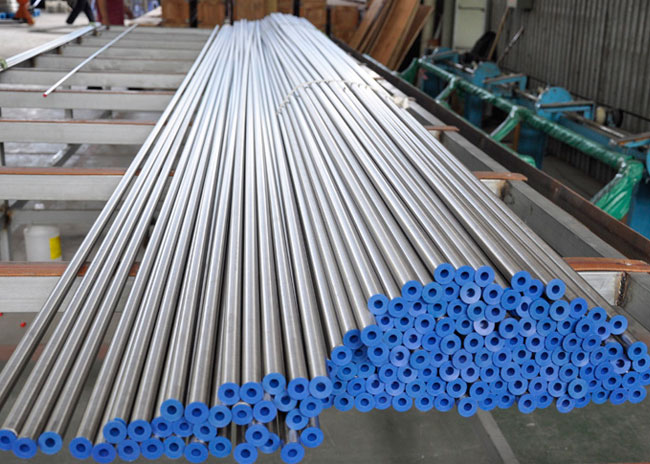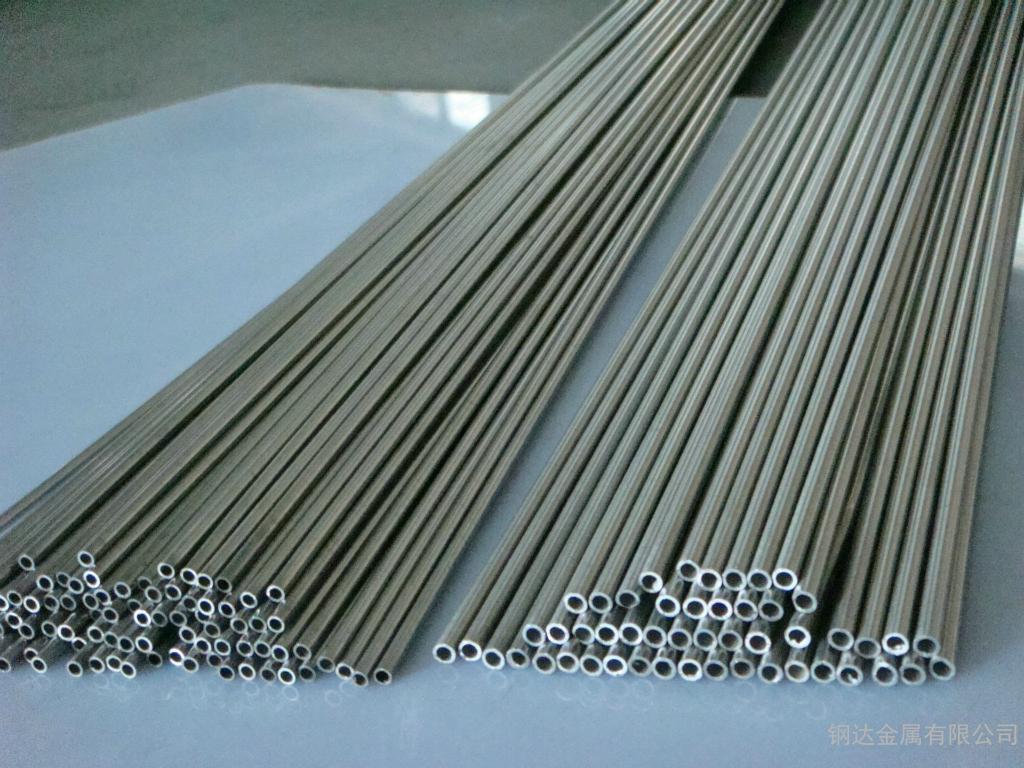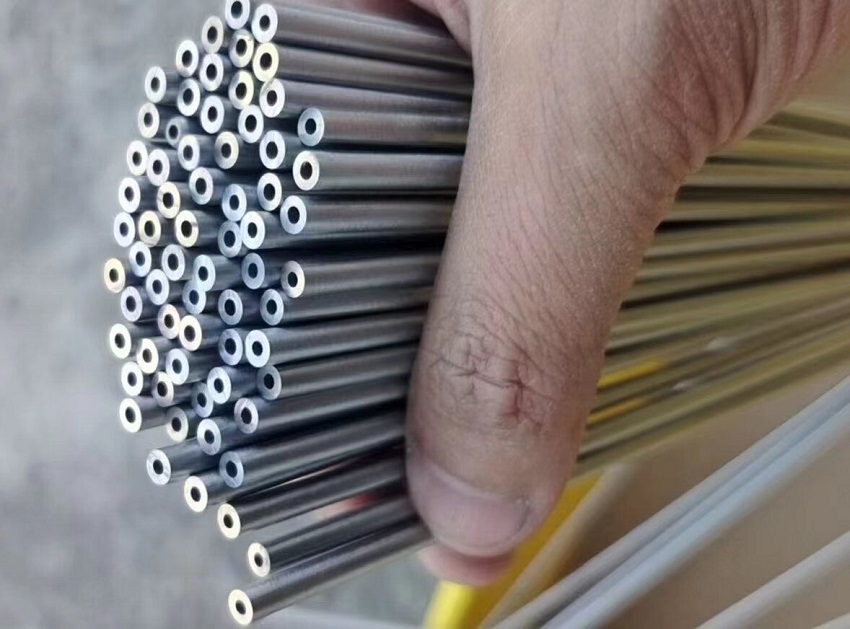NEWS CENTER
Fuel Injection Tubes|Fuel Injection Pipes For Engine
Fuel Injection Pipes For Engines
Fuel injection tubes, also known as fuel lines or fuel injection pipes, are essential components in internal combustion engines, responsible for delivering fuel from the injection pump to the engines combustion chamber. They play a critical role in ensuring efficient fuel delivery, optimal combustion, and overall engine performance.
Types of Fuel Injection Tubes
High-Pressure Fuel Tubes:
Primarily used in diesel engines.
Designed to handle extremely high pressures (up to 2000 bar or more) to ensure proper fuel atomization.
Made from high-strength materials to withstand these pressures.
Low-Pressure Fuel Tubes:
Commonly found in gasoline engines.
Operate at significantly lower pressures compared to diesel fuel systems.
Typically made from materials like steel or reinforced rubber.
Fuel Injection Pipes Specifications:
- DIN 73000 (ST 30 Al)
- This specification ensures the quality and suitability of the material for automotive fuel injection systems.
- DIN 73000 (ST 52.4)
- This standard specifies the requirements for seamless precision steel tubes suitable for fuel injection systems.
- ISO 8535-1
- International Organization for Standardization (ISO) standard for seamless cold-drawn single-wall tubes for high-pressure fuel injection systems.
- SAE J1958
- Society of Automotive Engineers (SAE) standard for fuel injection tubing, ensuring compatibility and performance in automotive applications.
Fuel Injection Pipes Quality and Inspection:
- Salt Spray Test: Assessing corrosion resistance.
- Tensile Test: Evaluating the materials mechanical properties under tension.
- Hydrostatic Pressure Test: Ensuring the tubes can withstand high-pressure environments.
- Eddy Current Test: Detecting surface and subsurface defects.
- Flattening, Flaring, Bending Test: Assessing the tubes ductility and formability.
- Surface Roughness Test: Verifying the smoothness of the tubes surface.
- Hardness Test: Determining the materials hardness, which impacts durability.
- Burst Test: Evaluating the tubes burst strength under pressure.
- Chemical Laboratory Analysis: Ensuring material composition meets specifications.
- Metallurgical & Stereomicroscope Examination: Analyzing microstructure for defects.
- Various Gauges for Dimensional Measurements: Ensuring precise dimensions as per requirements.
Fuel Injection Pipes Highlights and Strengths:
- Scale-free bright tubes annealed or normalized in a bright annealing furnace under a reducing atmosphere, ensuring uniform properties throughout the tube.
- Manufactured from fully aluminum-killed steel to prevent aging-related issues such as brittleness and cracks, ensuring long-term durability and performance.
- Surface roughness maintained below 2 Microns Ra value as per OEM specifications, minimizing friction and improving fuel efficiency.
- No weld seam ensures structural integrity and reduces the risk of leaks.
- Excellent solderability makes our tubes ideal for fuel rails, facilitating efficient fuel delivery.
- Bright annealed surface reduces the formation of deposits, ensuring smooth fuel flow and optimal engine performance.
- High precision and dimensional accuracy guarantee a perfect fit and consistent performance.
- Excellent coaxiality ensures uniform fuel distribution, enhancing engine efficiency.
- Reliable and dimensionally stable even under extreme loads and high pressures, ensuring long-term performance and safety.
- Seamless processing without difficulties allows for smooth integration into various automotive systems.
- Customized prefabrication options ensure our tubes are perfectly suited for boring, punching, and machining applications, meeting specific design requirements.
Fuel injection pipes for engines are essential components in the fuel injection system, responsible for transporting fuel from the injection pump to the injectors with precision. Made from high-strength steel, these pipes are designed to handle high pressures, typically ranging from 1,000 to 3,000 bar, and temperature variations, ensuring durability and resistance to corrosion.

Fuel Injection Pipes For Engines
请输入搜索关键字
确定






